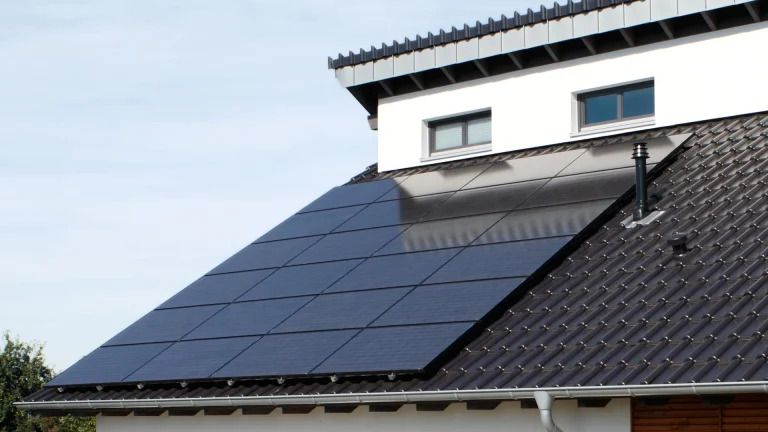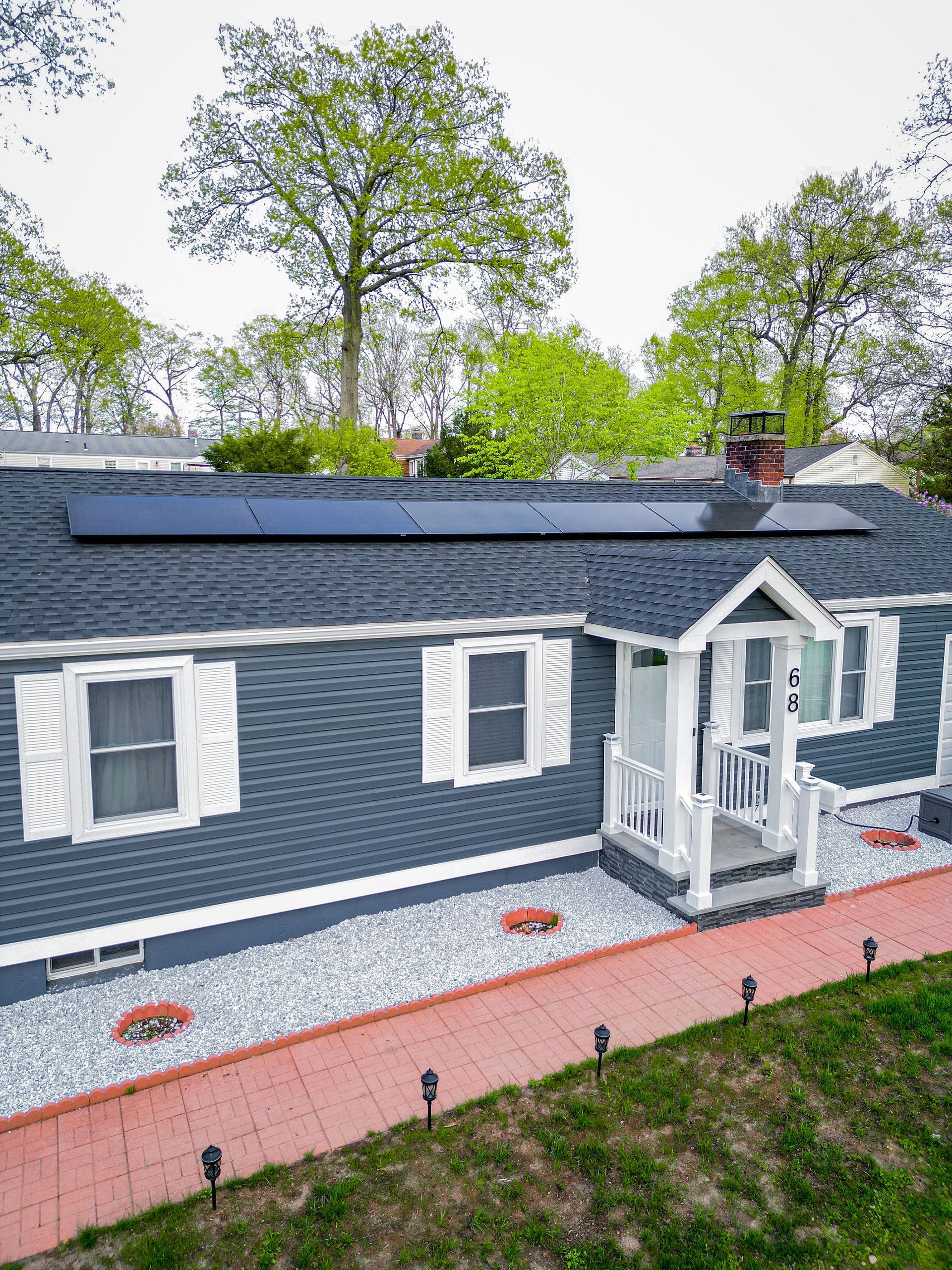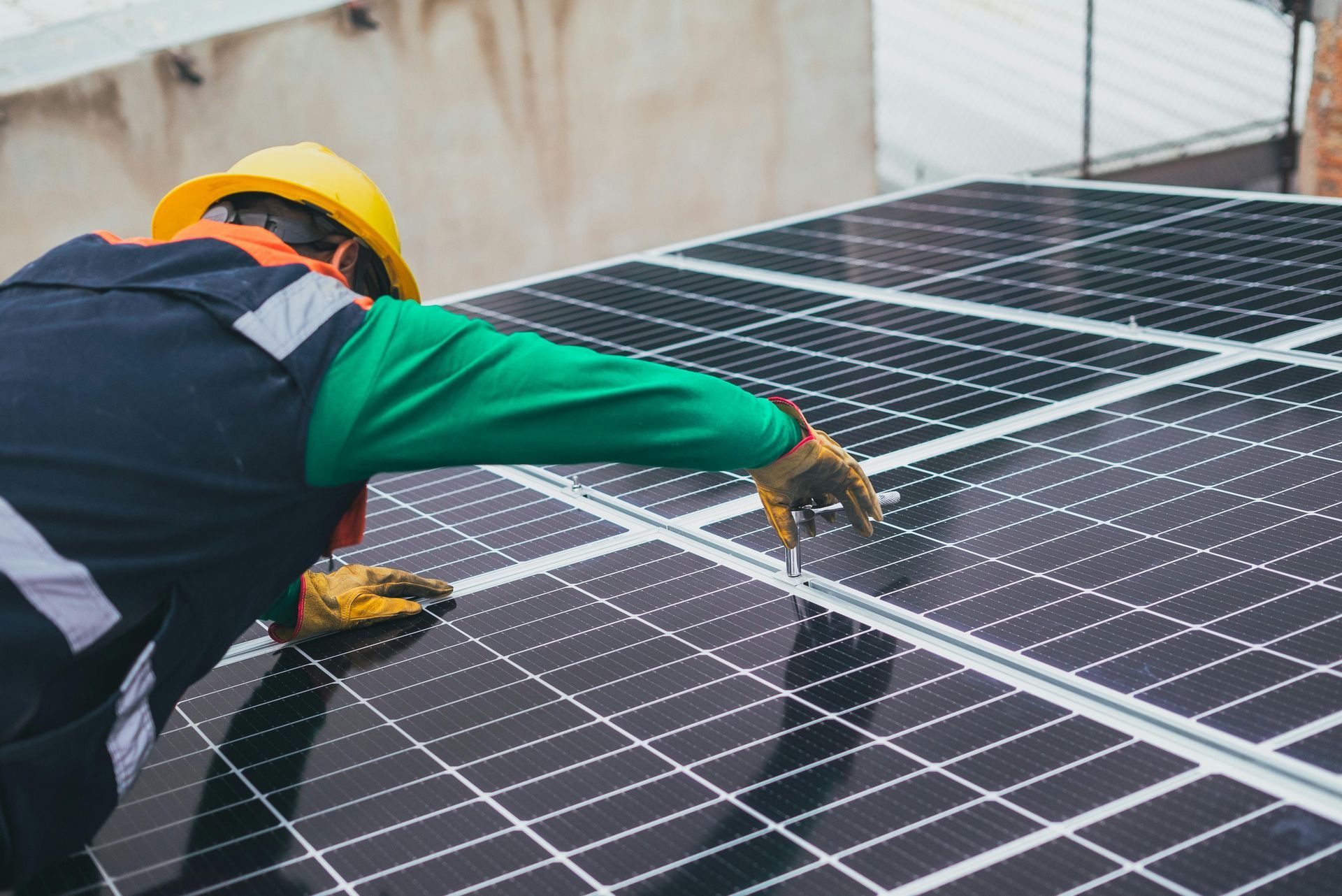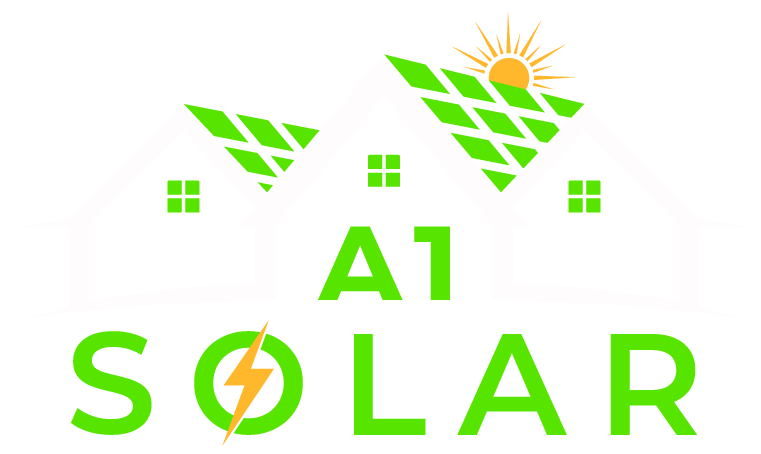What Are the Top Solar Energy Benefits for Homeowners in Connecticut?
Thinking about switching to solar in Connecticut? You’re not alone. With some of the highest electricity rates in the country and growing interest in sustainability, many homeowners are turning to solar to save money and reduce their environmental impact.
Whether you're just starting your research or ready to make the leap, understanding the key solar energy benefits can help you make an informed decision.
What Are the Top Solar Energy Benefits for Homeowners in Connecticut?
Homeowners in Connecticut can experience significant benefits by switching to solar energy, primarily due to the state's high electricity rates and robust incentive programs. Here are the top solar energy benefits that are clear and compelling:
1. Substantial Savings on Electricity Bills:
- Connecticut has some of the highest electricity rates in the United States, almost double the national average (around $0.32 per kWh).
- By generating your own electricity with residential solar panels, you significantly reduce or even eliminate your monthly utility bills.
- The average homeowner in Connecticut can save tens of thousands of dollars over the 25+ year lifespan of a solar system. Some estimates suggest savings of over $43,000 to $125,000 over 25 years.
- This effectively locks in your electricity rate, protecting you from future increases in utility costs.
2. Attractive Financial Incentives and Tax Credits:
Federal Solar Investment Tax Credit (ITC)
This is a major incentive, allowing homeowners to claim a credit equal to 30% of the total cost of installing their solar system (equipment, labor, permitting).
For a typical $18,000 system, this means a $5,400 reduction in federal tax liability. This credit can be rolled over to future years if your tax liability is lower than the credit amount.
Connecticut Residential Renewable Energy Solutions (RRES) Program:
This program has replaced traditional net metering and offers two main options for compensation:
- Netting Tariff: You use the solar energy produced, and any excess sent to the grid earns credits at the full retail rate, offsetting future energy costs on your bill. These credits can often be carried over and even cashed out annually if unused.
- Buy-All Tariff: Your utility company purchases all the electricity your solar panels produce at a fixed rate (currently around $0.31-$0.32 per kWh for approved applications in 2025). You then purchase the electricity you need from the utility. This provides a predictable income stream.
Both options are designed to provide a similar return on investment.
Sales and Use Tax Exemption:
Connecticut exempts solar panel systems from the state's 6.35% sales tax, saving homeowners a significant amount upfront (e.g., around $1,143 on an $18,000 system).
Smart-E Loan Program:
The Connecticut Green Bank offers low-interest financing for energy-efficient home improvements, including solar panels, with flexible terms.
Energy Storage Solutions Program:
Connecticut also provides incentives for installing solar battery storage systems, offering upfront and performance-based incentives that can save homeowners up to $16,000.
These combined solar energy tax credits residential programs make going solar more accessible and financially rewarding than ever.
3. Faster Payback Period:
Thanks to the high electricity rates and strong incentives, Connecticut homeowners often see a relatively quick payback period for their solar investment, typically averaging around 6-8 years. This is faster than the national average.
4. Environmental Benefits:
By generating clean, renewable energy, you reduce your reliance on fossil fuels, significantly lowering your carbon footprint and contributing to a healthier environment.
5. Energy Independence:
- Solar energy provides a sense of energy independence, making your household less susceptible to grid outages and price fluctuations.
- Homes dubbed as “high performance” -homes that are both energy efficient and generate electricity-may be more attractive to potential homebuyers
Do solar panels increase home value in CT?
Although Connecticut Regulatory authorities discourages making absolute statements about an increase in home value, independent analysis has indicated a possible positive resale value impact from solar installations.
According to a 2015 Lawrence Berkeley National Laboratory study, homes with solar panels sell for $15,000–$20,000 more than similar homes without solar panels, depending on the location.
Zillow's 2019 study revealed homes with solar sold for 4.1% above their counterparts without, after adjusting for size, location, and other critical factors.
Also, according to a 2006 NREL study, solar-equipped homes in California sold 20% quicker and for 17% more.
Though these studies are dated and include other markets, they demonstrate sustained buyer interest in energy-efficient attributes. More recent data, such as Zillow's green home report, note increasing demand from buyers for "green homes."
"There is a growing demand for green living. Over 80% of buyers now indicate energy-efficient features as important when choosing their home." – Sarah Mikhitarian, Senior Economist, Zillow
Frequently Asked Questions
Who is the most reputable solar company?
A1 Solar is one of the top-rated solar companies in Connecticut. Look for licensed, NABCEP-certified installers with strong customer reviews and experience in local permitting and incentive programs.
Is Solar in CT Worth It?
Yes, solar can be especially worth it in Connecticut, depending on your home and particular situation. Due to high electricity costs and strong state and federal incentives. Some homeowners can break even in just 6–8 years.
What is the 20% Rule for Solar Panels?
The 20% rule can refer to panel efficiency (panels operating at 20% or higher are considered high-efficiency) or using 20% of available roof space to achieve desired energy offset levels.
Who is the best company to get solar panels from?
Top manufacturers include SunPower, REC, and Q CELLS. For installation, A1 Solar is known for custom residential solutions and excellent customer service in Connecticut.
How many solar panels are needed to power a house?
An average domestic user desires between 15 and 22 solar panels to offset electricity payments with the sun absolutely. The variety of sun panels you want depends on a few key elements, including your electricity intake, geographic region, and panel specifications.
Ready to experience the solar energy benefits for yourself?
Contact A1 Solar Pros today for a free consultation and customised quote for your Connecticut home.







